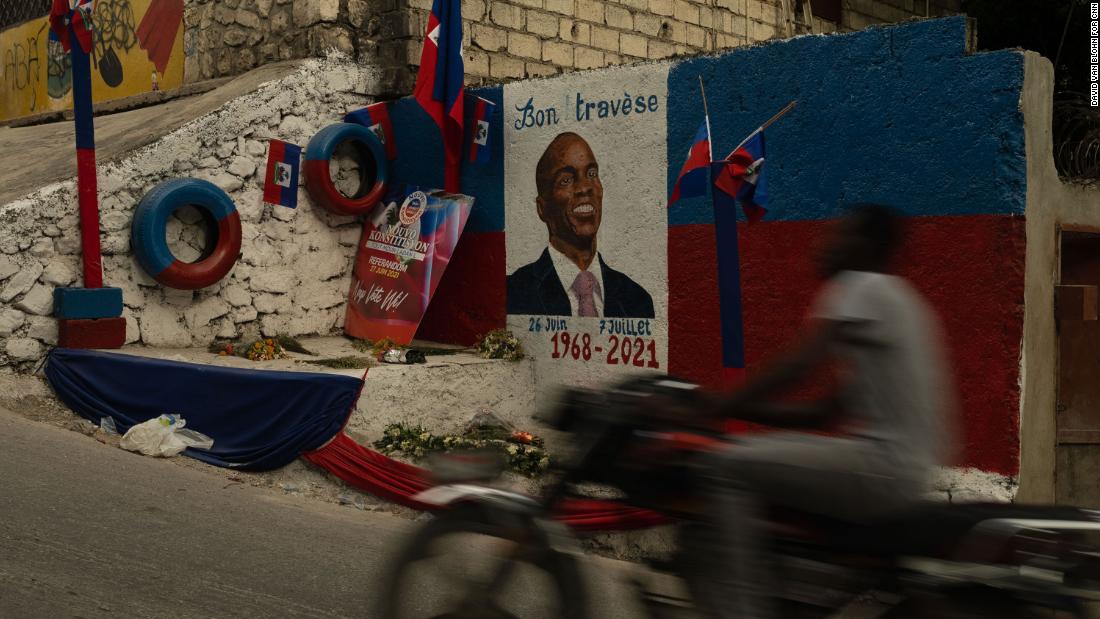Prison Phone Fees Win Was 20 Years In The Making
The passage of the Martha Wright-Reed Just and Reasonable Communications Act was a win for prison reformers, long fought for by her grandson and advocates across the country.

Earlier this month, President Biden signed into law the bipartisan Martha Wright-Reed Just and Reasonable Communications Act, restoring the Federal Communications Commission’s (FCC) authority to regulate all prison and jail calls.
The national fight to stop prison telecom corporations from charging incarcerated people and their loved ones predatory rates started more than 20 years ago with the late Martha Wright-Reed and ended earlier this month with her grandson Ulandis Forte, a formerly incarcerated individual, along the over 70 advocate groups and a group of legislators who have backed the bill for years finally able to celebrate.
Martha Wright-Reed would call her grandson every Sunday while he was in prison in the 1990s at a time when a 15-minute phone call could sometimes cost his grandmother a total of $45 to $60, Forte told The Crime Report.
“She had to choose between getting her medication this month or paying a phone bill, and she always chose a phone bill in order for us to be able to communicate, because she knew that we would be stronger together then we could be apart,” Forte said.
When Forte found out his grandmother was starting to fight back against phone costs after he was released from prison, he tried to help whenever he could by sharing his own story. “The advocacy work I’ve been doing, it’s been a struggle, it’s been a lot of resistance, and with these overpriced phone calls, it really took a toll on my grandmother a great deal,” Forte said.
Although it was hard for Forte and his family to stay in touch, he and his grandmother’s drive to keep up their advocacy work over the years came mostly from seeing how hard communicating with the outside world was for Forte’s fellow inmates.
“I’ve seen so many people around me who were kind of living through me and my grandmother’s relationship, you know?” Forte explained.
“Some of ’em couldn’t talk to their mothers, their kids, their parents and their grandparents, but they would see me talk to my grandmother every Sunday,” Forte said, explaining that some inmates would stand around during his weekly calls, telling him to tell Wright-Reed hello, calling her grandma, and asking “how is big mama?”
“I realized how important that heaven, that communication was. It still is, but you know, they were hurt, they didn’t have the opportunity on holidays and birthdays or their parents’ birthdays to be able to reach out and talk to anybody,” Forte said, “because their families couldn’t afford it.”
After Wright-Reed sued the Corrections Corporation of America for their high phone call rates and engaged in years of advocacy with the help of others, the FCC first announced it would cap in-state prison phone call rates in 2013. After a suit from multiple telecom corporations, a federal court overturned regulations that the FCC put in place in 2015 lowering the costs of calls for both in and out of state. The court ruled that the FCC had exceeded its legal authority.
Color of Change is one of the organizations that has been fighting prison cell phone justice for about a decade through initiatives like public education initiatives, including a video series on family members who have been affected by high call rates and multiple campaigns.
”[Color of Change] joined the movement to push for policy change in this area first by exposing, the sort of nefarious profit incentives that were tied to telephone and video calls through these companies like GTL and Securus,” Sakira Cook, Vice President of Campaigns, Policy and Government Affairs at Color Of Change told The Crime Report. Cook said their early advocacy resulted in some GTL investors pulling out.
The passing of the Wright-Reed Act is a win for Color of Change, but also hits home for Cook on a personal level.
“When I got older and started doing this work, I fully understood why we couldn’t talk to my uncle on the phone… and why my dad wanted me to maintain written communication because it was much more cost-effective for our family,” Cook said.
Cook described phone fees as one of the barriers that gets in the way of rehabilitation, along with other issues like access to healthy food and proper medical care.
“Our advocacy still continues until the point where final rules are adopted by the FCC and implementation with facilities around the country begins. There is a movement, as you might have seen, to push for these types of changes at the state and local level as well, and even to make these calls free. Making money off of incarceration, and families and loved ones of people who are incarcerated should not exist,” Cook said.
“We have to end profiteering in the prison industrial complex, both private prisons and public facilities in all of its forms. Telecommunication is just one.”
Former U.S. Representative Bobby L. Rush, a long-time civil rights champion, wrote for our Viewpoints series in August about his own commitment to the Martha Wright Prison Phone Justice Act and his fight since 2005 to get legislation passed that addressed exorbitant prison phone costs.
Further reading: Phone Injustice: Profiting from Families of the Incarcerated

 Landwebs
Landwebs 























